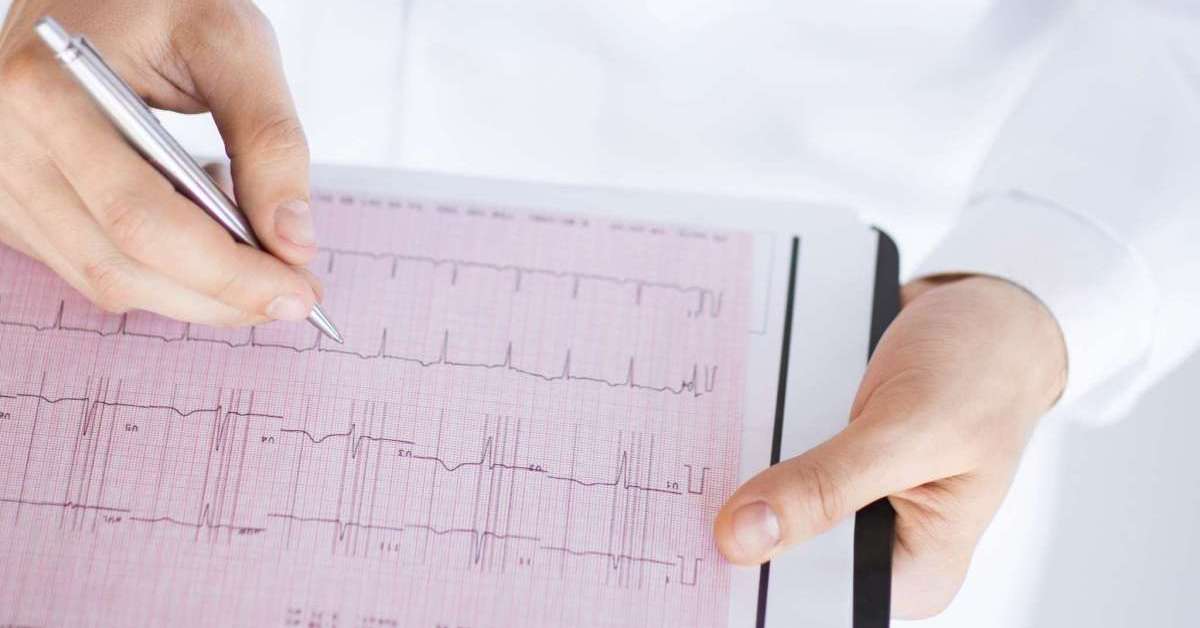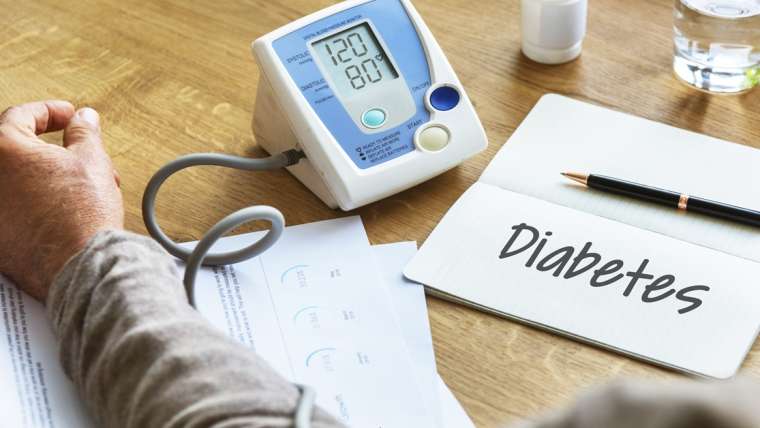
What Your EKG Can Reveal About Your Heart (Before You Even Feel Symptoms)
Intro: Don’t Wait for a Wake-Up Call
When most people think of heart disease, they imagine dramatic signs like sharp chest pain, fainting, or an emergency room visit. But the reality is, many serious heart problems start silently—without any symptoms or warning signs—until it’s almost too late.
This is why preventive tests are so important. One of the simplest and most powerful tools we have in family medicine is the electrocardiogram (EKG).
In this article, we’ll explain what an EKG is, what it can reveal about your heart (even when you feel fine), and why you might want to consider getting one—even if you don’t think you’re at risk for heart problems.
What Is an Electrocardiogram (EKG)?
An electrocardiogram (EKG) is a quick, painless test that tracks the electrical activity of your heart. Each time your heart beats, it produces an electrical signal. An EKG records these signals through sensors placed on your chest, arms, and legs.
The result is a visual graph (called a tracing) that shows how your heart is beating: the speed, rhythm, and whether the electrical signals are flowing as they should.
Key Points About EKGs:
-
Fast: Takes just 5–10 minutes.
-
Non-invasive: No needles or special preparation.
-
Safe & reliable: Widely used around the world.
-
Affordable: Most insurance plans cover the cost.
Given how quick and simple it is, you might wonder why more people don’t use it regularly. The truth is, many don’t realize the importance of getting checked until they experience symptoms. That’s why understanding what an EKG can detect is so valuable.
When Do Doctors Recommend an EKG?
In family medicine, we use EKGs in two main ways:
-
To diagnose symptoms, such as chest pain, dizziness, or palpitations.
-
To screen for potential heart issues, even if there are no symptoms.
Here are some common reasons we might recommend an EKG:
-
Chest discomfort or shortness of breath
-
Fast or irregular heartbeats (palpitations)
-
Fainting or unexplained fatigue
-
High blood pressure or diabetes
-
History of smoking or high cholesterol
-
Family history of heart disease
-
Pre-surgical clearance
-
Age-based screening, especially over age 40
Many people are surprised to learn that factors like stress, lack of sleep, or dehydration can affect your heart’s rhythm. An EKG helps us understand how your heart is coping with these everyday challenges.
What Can an EKG Detect — Even If You’re Feeling Fine?
You might think you’d notice if something was wrong with your heart. But the truth is, many heart conditions don’t show symptoms until they’re advanced. An EKG can identify issues early, potentially preventing more serious problems down the road. Here’s what it can detect:
1. Arrhythmias (Irregular Heartbeats)
These can range from harmless skipped beats to dangerous conditions like atrial fibrillation (AFib). Some people experience palpitations, while others may feel nothing at all.
2. Silent Heart Attacks
Yes, heart attacks can happen without any noticeable symptoms. An EKG can show signs of damage or scarring from past heart attacks that you might not have known about.
3. Heart Enlargement (Hypertrophy)
An EKG can identify thickening of the heart muscle, often caused by high blood pressure. This condition increases your risk of heart failure or stroke.
4. Electrolyte Imbalances
Low levels of potassium, magnesium, or calcium can affect your heart’s rhythm. An EKG can spot these changes before symptoms even appear.
5. Medication Side Effects
Certain medications (like those for blood pressure or mental health) can alter your heart’s rhythm. An EKG can help ensure that your treatment is not causing unwanted effects.
What an EKG Can’t Show (But Still Matters)
While an EKG is a powerful tool, it doesn’t provide a complete picture of heart health. Here are a few things it can’t detect:
-
How well your heart pumps blood: For this, we use an echocardiogram.
-
Blocked arteries: To check for blockages, a stress test or angiogram is needed.
-
Cholesterol levels: You’ll need blood tests for that.
Think of the EKG as your heart’s “fingerprint.” It helps us understand whether the rhythm and timing of your heartbeats are normal. If something seems off, we use additional tests to investigate further.
Why We Use EKGs in Family Medicine
In family medicine, we focus on preventive care, aiming to identify potential issues before they become problems. Here’s why we often recommend EKGs:
-
As part of routine check-ups, especially if you have risk factors for heart disease.
-
To track changes in heart function over time.
-
When starting new medications that could affect your heart.
-
If you’re experiencing high stress, sleep issues, or burnout.
Heart disease is the leading cause of death in the U.S., and many people don’t know they have it until it’s too late. An EKG can serve as an early warning system, alerting you to potential issues long before symptoms appear.
What to Expect During the Test
An EKG is simple and doesn’t require any special preparation. Here’s what happens during the test:
-
You’ll lie down on an exam table.
-
Small sensors (electrodes) are attached to your chest, arms, and legs.
-
You’ll relax and breathe normally while the machine records your heart’s electrical signals for about 30–60 seconds.
-
The electrodes are removed, and the test is complete!
The results are reviewed right away, and we’ll go over them with you before you leave.
Bottom Line: Know Your Heart Before It Speaks Up
Whether you’re a busy professional, a parent with a full schedule, or just someone who hasn’t had a check-up in a while, an EKG is one of the easiest and quickest ways to monitor your heart health.
It’s not just for people experiencing heart issues—it’s for anyone who wants peace of mind and a head start on maintaining their health.



